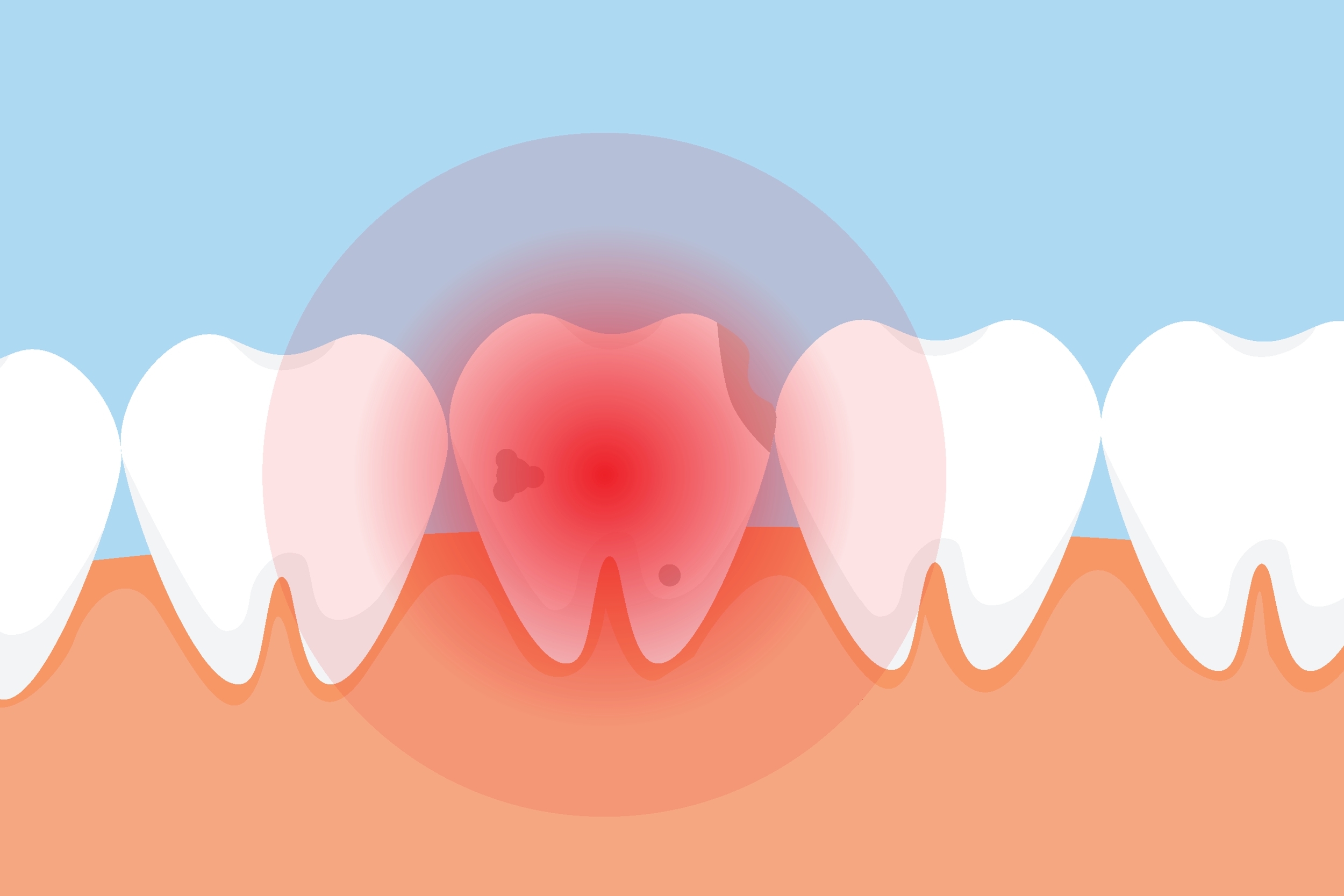A tooth infection can lead to other problems if it is not treated early. One of those problems can be a brain infection. It is a proven fact that the growth of tooth decay affects other parts of your body. In most cases, the growth of tooth decay develops into an abscess that could infect the brain. Abscess simply refers to the growth of pus within the infected gum. When an abscess develops, it could affect your brain and spinal cord, leading to meningitis. Below are some of the symptoms associated with a tooth infection that spreads to the brain.
Confusion or Irritability
Among the earliest signs of tooth infection affecting the brain is confusion. Once the infection attacks your blood system and starts to venture into your brain, you should expect to feel constantly confused and irritable. There are many other causes of irritability and confusion, but tooth decay is among the top. If you are suffering from tooth decay and observe these symptoms, visit a dentist.
Issues With Nerve Function
The other symptom that indicates the possibility of brain infection is nerve function problems. If you realize that your nerves are having response issues, you should look for the opinion of an expert. Nerve function problems can lead to paralysis. Your body may fail to perform some functions. If you notice motion problems such as paralysis in your fingers, and inability to swallow food among others, see your dentist to get checked.
Seizures
Besides nerve function problems, you may also suffer from seizures if the infection gets to your brain. One of the leading symptoms of meningitis is seizures. When tooth infection affects our brain, it interferes with various functions including blood flow and motion.
Blurry or gray vision
The other symptom that could be caused by brain infection is blurry vision. Naturally, when the brain is affected, it affects your vision. The pictures you see depend on the interaction between your eyes and the brain. Failure in brain and eye communication may result in blurry vision.


